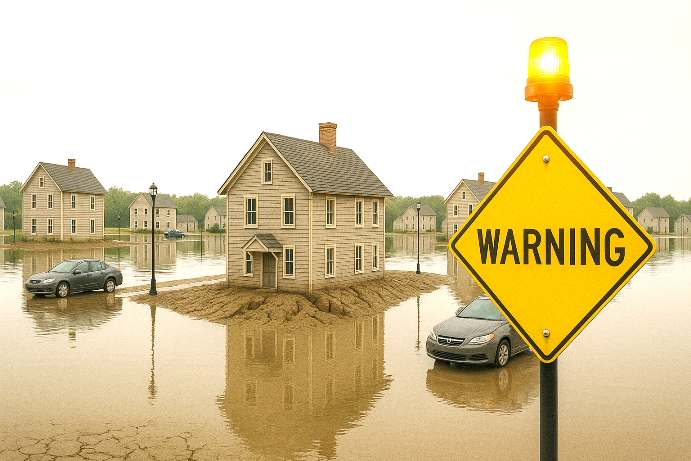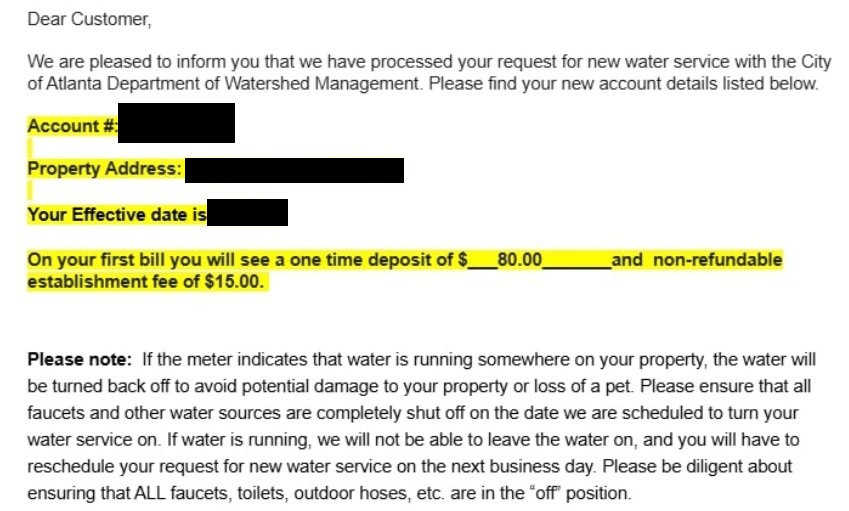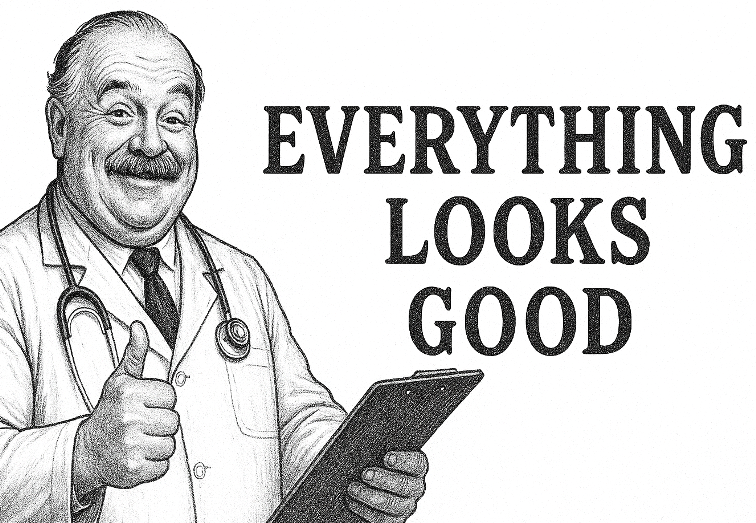The Fallacy of the "Neighborhood Real Estate Agent"
Posted by Hank Miller on
 The best agent isn’t defined by proximity; they’re defined by competence. The fallacy of the neighborhood real estate agent as having an advantage over others is one of the biggest myths in real estate. It’s easy to assume that the best agent to sell their home is one who lives in the neighborhood or has the most signs nearby. It sounds logical, who knows the area better than a local? But sellers that don't challenge this myth might very well be stepping on a financial landmine.
The best agent isn’t defined by proximity; they’re defined by competence. The fallacy of the neighborhood real estate agent as having an advantage over others is one of the biggest myths in real estate. It’s easy to assume that the best agent to sell their home is one who lives in the neighborhood or has the most signs nearby. It sounds logical, who knows the area better than a local? But sellers that don't challenge this myth might very well be stepping on a financial landmine.
The Hidden Flaws of the “Neighborhood Agent” Approach
Familiarity feels comfortable and safe. But proximity isn’t expertise — and in today’s shifting market, comfort isn’t strategy. Expertise comes from decades of writing contracts, analyzing data, negotiating, and working…
47 Views, 0 Comments


 Parts of the south Atlanta real estate market are showing signs of weakness, a general lethargy. While the broad region is largely stable, several areas of the metro area are flashing yellow. These areas are mainly south of I-20 where a significant amount of post pandemic activity was experienced. Similar traits were noted during the '08-'12 bubble-crash, increased attention and then giving back the gains made. As then, we see the influences of builders, ownership programs, and speculators possibly at play. This is a different housing market, but patterns are developing which should be watched.
Parts of the south Atlanta real estate market are showing signs of weakness, a general lethargy. While the broad region is largely stable, several areas of the metro area are flashing yellow. These areas are mainly south of I-20 where a significant amount of post pandemic activity was experienced. Similar traits were noted during the '08-'12 bubble-crash, increased attention and then giving back the gains made. As then, we see the influences of builders, ownership programs, and speculators possibly at play. This is a different housing market, but patterns are developing which should be watched.

 "Torture the data, and it will admit to anything". Something the MSM and all of the click bait publications know well. Every day, it's continuous hand wringing and self created angst about real estate. Designed only to generate clicks, gone are the deep, well researched missives. Now the reports are tic toc level, AI generated, pablum. And just about all of it is wrong or misleading. ALL real estate is local, VERY local.
"Torture the data, and it will admit to anything". Something the MSM and all of the click bait publications know well. Every day, it's continuous hand wringing and self created angst about real estate. Designed only to generate clicks, gone are the deep, well researched missives. Now the reports are tic toc level, AI generated, pablum. And just about all of it is wrong or misleading. ALL real estate is local, VERY local.
 Home sellers can be a prickly group. This is especially true when markets are shifting, like now as sellers lose the edge and the market balances (mid-summer ’25). The trendy label is "accidental landlord", but an accidental landlord is nothing more than a stubborn seller. They don't listen, they know best. Their home is the “exception”; they have the one that all the buyers will flock to. Data? Meh, that’s for the others, not them. They know what the house is worth, just ask them. They are "experts".
Home sellers can be a prickly group. This is especially true when markets are shifting, like now as sellers lose the edge and the market balances (mid-summer ’25). The trendy label is "accidental landlord", but an accidental landlord is nothing more than a stubborn seller. They don't listen, they know best. Their home is the “exception”; they have the one that all the buyers will flock to. Data? Meh, that’s for the others, not them. They know what the house is worth, just ask them. They are "experts".
 was one of the quietest months in memory. Fortunately, the market quickly woke up (as the economy settled) and the Atlanta market got back to business in May.
was one of the quietest months in memory. Fortunately, the market quickly woke up (as the economy settled) and the Atlanta market got back to business in May.
 Wake up! Is the Greater Atlanta housing market in trouble? These Q1'25 charts show a market that was active as Ole Red after he raided the garbage. This wasn't a local trend, Q1'25 across the nation was a snooze fest. Underwhelming; to be sure. Alarming; no, but we expected to see a return of the typical patterns.
Wake up! Is the Greater Atlanta housing market in trouble? These Q1'25 charts show a market that was active as Ole Red after he raided the garbage. This wasn't a local trend, Q1'25 across the nation was a snooze fest. Underwhelming; to be sure. Alarming; no, but we expected to see a return of the typical patterns.
 “We’re like roaches; when it’s good we eat, when it’s bad we feast”. My long time friend Rob dropped that pearl a good 25 years ago. He successfully flipped homes around Atlanta before it was a “thing”, through the crash, and a good decade after. Flipping homes in Atlanta is for apex predators, it's the majors in every way. Rookies and HGTV Rangers are prey, few people understand just how difficult it is to be successful flipping homes. "Investors” are vilified, especially by the MSM who blame them for anything and everything that ails the housing market. It’s a disingenuous and lazy take, regularly taken out of context. As for "Wall Street", if they didn't gorge during the crash, we'd still be awash in listings and things would be much different. They…
“We’re like roaches; when it’s good we eat, when it’s bad we feast”. My long time friend Rob dropped that pearl a good 25 years ago. He successfully flipped homes around Atlanta before it was a “thing”, through the crash, and a good decade after. Flipping homes in Atlanta is for apex predators, it's the majors in every way. Rookies and HGTV Rangers are prey, few people understand just how difficult it is to be successful flipping homes. "Investors” are vilified, especially by the MSM who blame them for anything and everything that ails the housing market. It’s a disingenuous and lazy take, regularly taken out of context. As for "Wall Street", if they didn't gorge during the crash, we'd still be awash in listings and things would be much different. They… this January. We in the field felt it, I was curious so took a look at the data…and it confirms what we thought. This is a stumble; this market will snap back, but we see a few reasons for this lackluster start.
this January. We in the field felt it, I was curious so took a look at the data…and it confirms what we thought. This is a stumble; this market will snap back, but we see a few reasons for this lackluster start.
 If we subscribe to the "no substitute for experience" mantra, then a well seasoned agent is a home buyer's best asset. An experienced buyer's agent will actively look for signs of trouble in homes for sale. It's easy to follow "heart over head"; buyers tend to make an emotional commitment to a home. If it's strong enough, they can overlook issues that a sharp buyer's agent will note and bring up for discussion. Spotting signs of trouble in homes for sale is not learned watching videos and sitting behind a desk, it's learned in the field, getting dirty and educating the home buyers. Buying a home is a significant business transaction, treat it that way.
If we subscribe to the "no substitute for experience" mantra, then a well seasoned agent is a home buyer's best asset. An experienced buyer's agent will actively look for signs of trouble in homes for sale. It's easy to follow "heart over head"; buyers tend to make an emotional commitment to a home. If it's strong enough, they can overlook issues that a sharp buyer's agent will note and bring up for discussion. Spotting signs of trouble in homes for sale is not learned watching videos and sitting behind a desk, it's learned in the field, getting dirty and educating the home buyers. Buying a home is a significant business transaction, treat it that way.